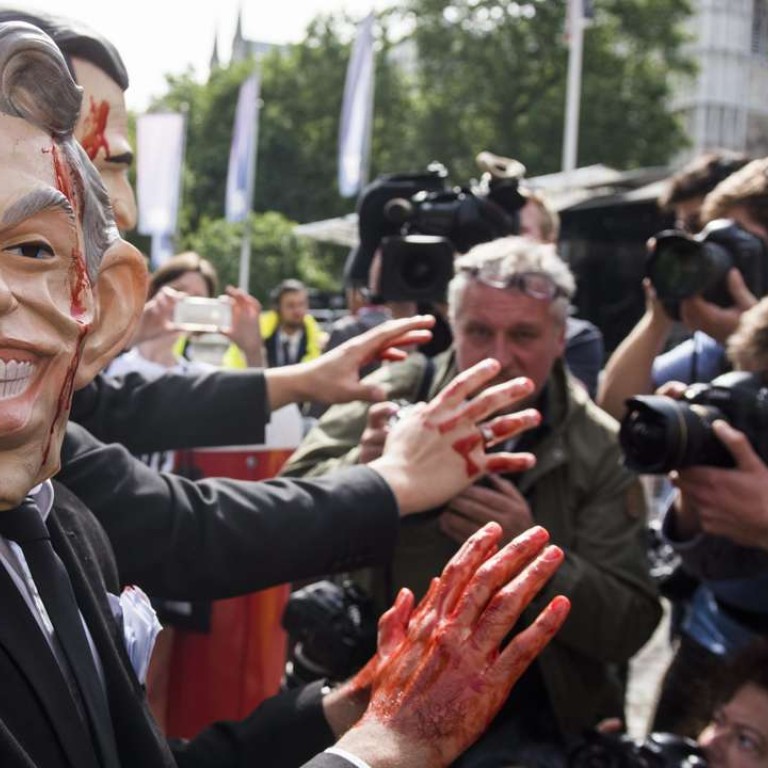
British report on Iraq war contains valuable lessons for politicians everywhere
Only if there is deep reflection by those in power and meaningful consequences will another such disaster be avoided
Public inquiries are called to bring truth to issues of past importance. Too often, they have been used by a government in trouble to give it breathing space. But the Chilcot report into Britain’s conduct of the 2003 Iraq war also aimed to prevent mistakes from being repeated. Only if there is deep reflection by politicians and officials and meaningful consequences will another such disaster be avoided.
Pouring over the 2.6 million words that resulted from six years of investigation by retired civil servant John Chilcot will take time. But the 30-minute statement he made in releasing the report on Wednesday made clear the failings. British prime minister Tony Blair and his government exaggerated the case for war and decided to contribute a military force to a US-led alliance without exhaustively exploring the options. There was inadequate preparation for invasion and the occupation was mismanaged.
Blair’s response to the report was to stand by his decision, contending that the world is a better place for the overthrowing and execution of Iraqi dictator Saddam Hussein. It is a bizarre position to take given the damage done to international institutions, global security and British governance. The former leader ignored advice, warnings and some of the biggest protests in his country’s history in pledging to join then US president George W. Bush in going to war without UN Security Council authorisation. Politicians sided with him despite knowing that it was a mistake. The lack of preparation for what followed the military victory unleashed sectarian and extremist violence that led to instability across the Middle East and the creation of the radical group Islamic State.
At least 250,000 civilians have lost their lives in terror attacks in Asia, Europe, Africa and North America since the war. A crisis of global insecurity that could last for generations has been uncapped. Accountability is not covered by the Chilcot report, nor are criminal prosecutions likely. But lessons abound for politicians in Britain and elsewhere about abuse of public process and the need to always serve the national interest.

